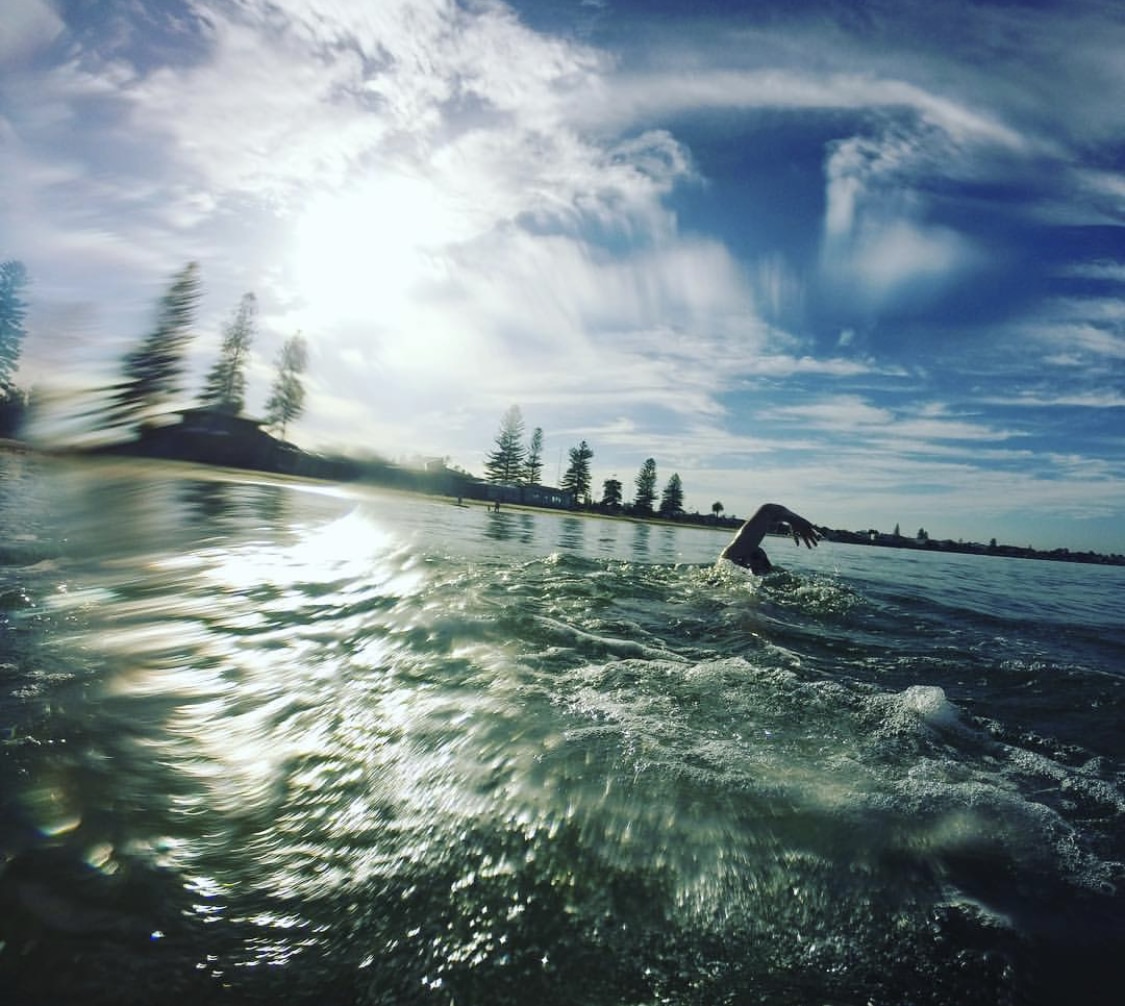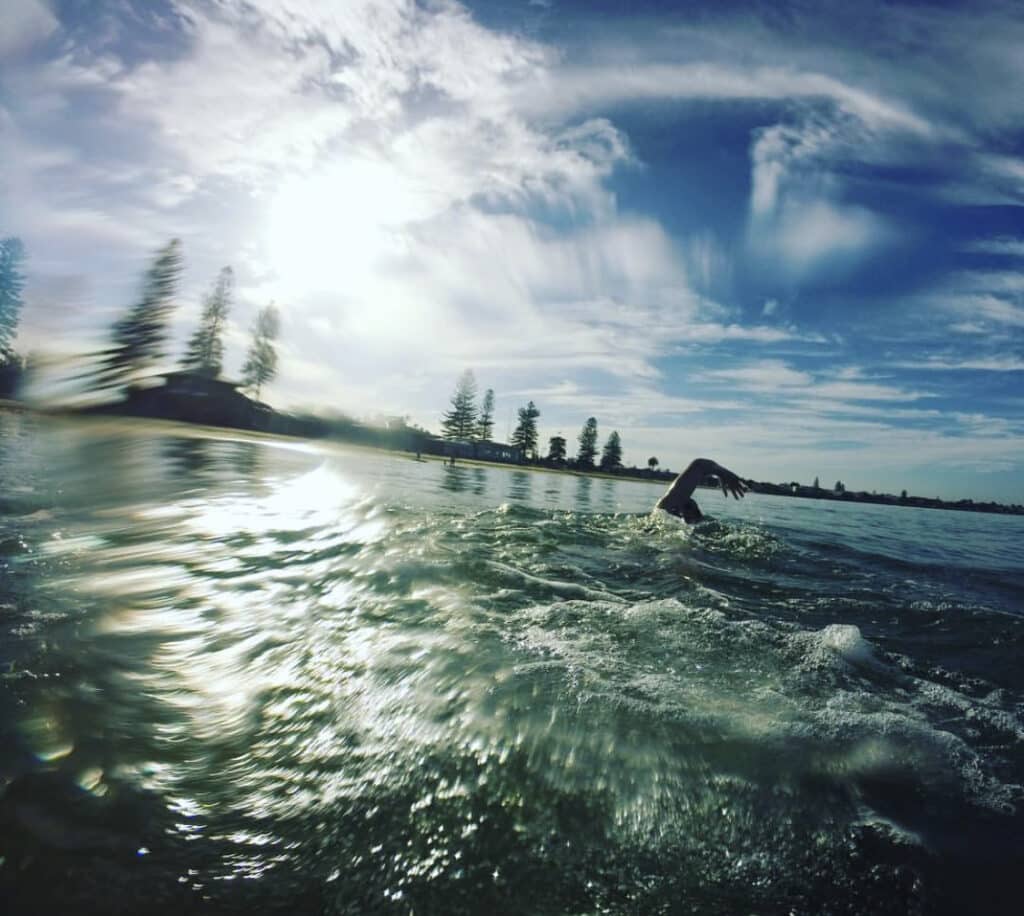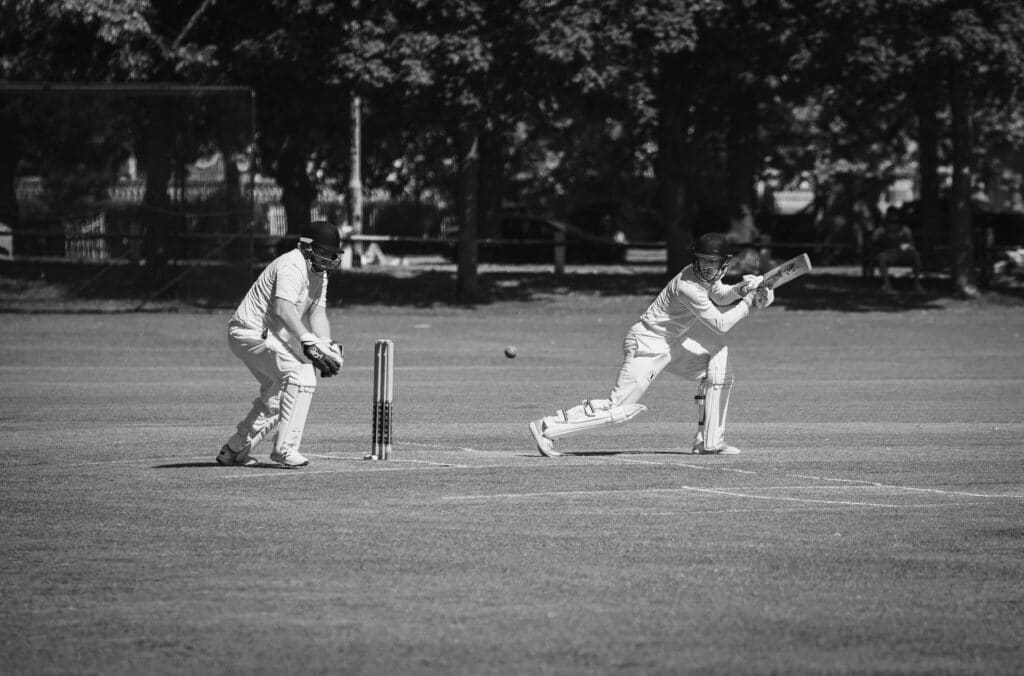What happens when you stop exercising?
What we’ll cover
What happens when you stop exercising?
Following on from our latest blog post on what happens when you overtrain, our physiotherapist Jason Lee highlights what happens when you stop exercising.
There are many benefits to exercising and they include both physical and physiological benefits such as increasing/maintaining muscle mass and strength, reduction of blood sugar levels and blood pressure and improved blood flow to the brain (which can improve brain health and memory).
Moreover, exercise can lead to emotional and psychological benefits such as increased dopamine and serotonin, which increases your energy levels and makes you feel happier. The benefits of exercise are endless and it is often used to manage a wide range of conditions.
Specific to physiological and musculoskeletal conditions – exercise is often first line of treatment for conditions such as arthritis, osteoporosis and back pain. Physiotherapists are well placed to prescribe safe and individualised exercise programs for a range of conditions as well as specific exercise programs for recovery and rehabilitation.

What happens when we stop exercising?
Stopping or ceasing exercise can occur for a number of reasons – e.g. illness, holidays, travel and laziness. Injury is another common reason for stopping exercise and something that physiotherapists see regularly.
When we stop exercising, we are detraining/deconditioning and therefore losing the benefits of training. Generally deconditioning begins to occur if you go without specific activity for greater than a week (this is all relative – e.g. a week off cardiovascular training like walking or running, or a week off strength training e.g. weights)
Importantly, deconditioning and detraining can be reversed once exercise and activity has recommenced. The longer you remain inactive – the longer it takes to regain or reverse the deconditioning process.
Physiological changes that occur when you stop exercise:
- Lose cardiovascular benefits – E.g. body becomes less efficient at circulating blood around the body, any improvements in blood pressure and cholesterol levels may reduce.
- Muscle changes occur – E.g. muscles themselves become smaller and weaker. Also notice reduction in muscle endurance. Muscle loses strength and power before endurance.
- Blood pressure – Studies have shown that blood pressure can increase even 2 weeks post stopping exercise.
- Blood sugar levels – Shown that even after 3 days blood sugar levels remain elevated.
What factors affect detraining and deconditioning?
Age – Naturally, as we get older we have less aerobic capacity. Our muscle mass and agility also decline. Studies have found that detraining effects are compounded the older we are. Older adults lose muscle mass faster and strength declines more rapidly.
Level of fitness – The fitter you are, the longer it takes for deconditioning to occur. E.g. elite athletes tend to experience less rates of decline during detraining. Furthermore, those that train a couple times per week may notice deconditioning after a few weeks. For those that exercise more intensely, it takes longer to experience deconditioning.
What can I do to prevent loss of fitness or deconditioning?
The better shape you were in previously, the less time it will be required to regain fitness or strength. In particular, the more you exercise prior, the better you develop better neuromuscular control and recruitment – commonly referred to as ‘muscle memory’.
E.g. your body remembers how it used to lift – you just need to remind it.
What you should do to get back into exercise?
If you have experienced detraining it is important to ease back into exercise to avoid injury. You should commence less intense versions of exercise prior to high intensity. E.g. if you are a runner – start with longer/steady runs rather than interval training.
Be patient, you can and will regain fitness!
How can physiotherapist help?
It is important to seek help for injury early – the sooner that an injury is addressed or assessed, the less time off sport or exercise is required (if any).
Physiotherapists at Malvern East Physiotherapy offer a wide variety of sporting experience. They can safely adapt or modify your general exercise program. We have a multidisciplinary approach and liaise with coaching staff, personal trainers etc. to modify and allow exercise to continue whilst recovering from injury.
Your physiotherapist can develop a cross training/alternate training program whilst returning from injury in a safe fashion. Physiotherapists can also include and develop exercise programs to compliment existing program to prevent likelihood of future injury.
If you want to prevent loss of fitness or deconditioning, contact our friendly team on 9571 6888 or book online today.



